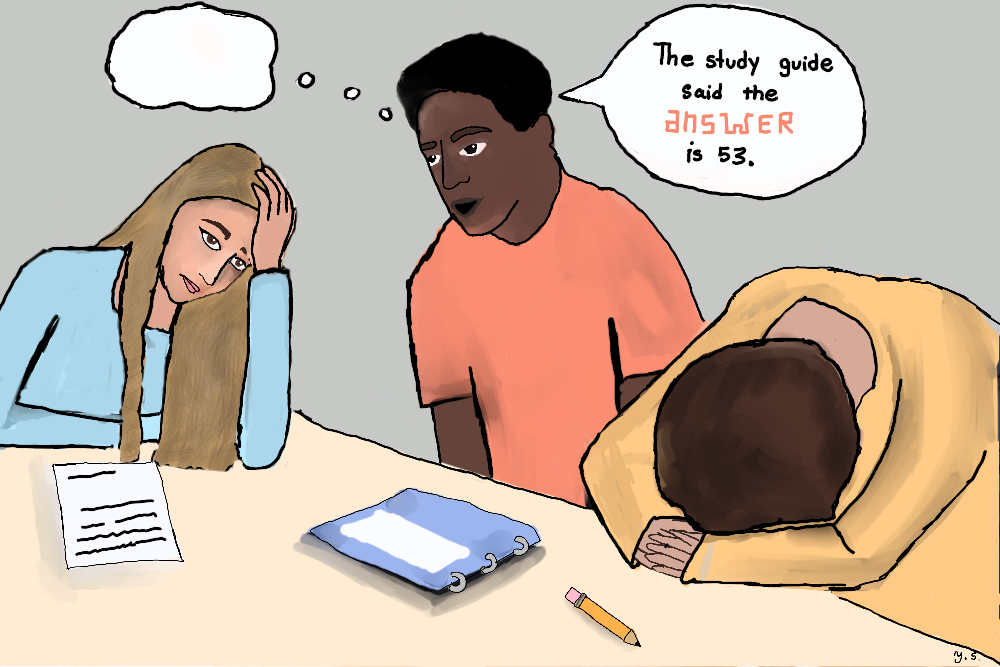By Jordan Thompson
Staff Writer
Hurricanes are one of the most devastating natural disasters. The most concerning ones leave behind a legacy under a single name, whether it is Katrina, Andrew or Isaac.
Hurricane Isaac, which, eerily enough, hit New Orleans seven years after Katrina, has caused quite an uproar among Galvestonians since it was discovered. However, the people of Galveston are not overcome by fear, but rather disgust due to the name given to the storm.
In 1900, one of the most notable hurricanes in American history hit Galveston, killing between 5,000 and 8,000 people and nearly wiping out the entire island. Though the storm was not given an official name as hurricanes are now, it was eventually referred to as “Isaac’s storm.”
Isaac Cline was a respected meteorologist who urged Galvestonians to stay comfortably at home and not worry about the coming storm that would engulf the island and leave it in shambles. Cline said the hurricane wouldn’t be a problem, and people stayed.
“The island did not reach a full recovery until about 20 years ago,” Aquatic Science teacher and former Galvestonian Laronna Doggett said.
What disappoints Doggett and other Galvestonians is that such a detrimental event has not been remembered enough to keep meteorologists from choosing the same name for this recent storm. For example, Hurricane Katrina, which hit New Orleans in 2005 and killed at least 2,000 people, will be the last storm named Katrina. The names of hurricanes of that magnitude are not recycled, and yet Isaac’s storm, which killed a significantly larger number of people than Hurricane Katrina, seems to have been forgotten.
Decades have passed; the event should be forgotten -especially by meteorologists. After all, the men and women who maintain a career working with hurricanes have been educated on memorable storms of the past and know more about the Isaac’s Storm than most Galvestonians, who might instead be lawyers, doctors or veterinarians. Yet, they seem to be the only people concerned.
I did not know the Great Hurricane that hit Galveston had been dubbed “Isaac’s Storm,” nor did I realize just how seriously it affected the island. Most of the people killed in it did not ever have a proper burial. They were sent out to sea (eventually floating back to the island). Many of them remain under buildings today.
“I think it is just insensitive to the history of Texas,” Doggett said.
Unfortunately, it is too late to compensate for the offended Galvestonians. Hurricane Isaac has officially made its mark on Louisiana soil, and will remain with the name it was given. However, it has certainly opened my eyes to the amount of history I have failed to learn and appreciate; and I do hope it will open the eyes of other meteorologists so a mistake like this one can be avoided in the future.








